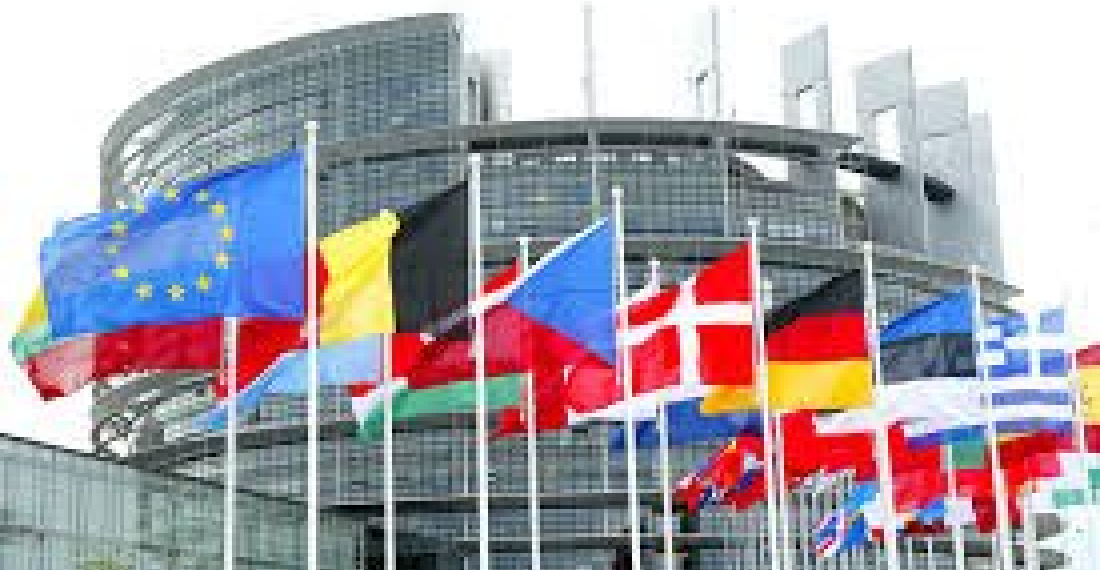The European Parliament on Wednesday (15 November) adopted a long resolution listing dozens of recommendations on future engagement between the EU and the six Eastern Partnership countries - Armenia, Azerbaijan, Belarus, Georgia, Moldova and Ukraine. The resolution was adopted at a plenary of the Parliament in Strasbourg, ahead of the Eastern Partnership summit scheduled for 24 November in Brussels.
The resolution calls for stronger engagement and support for the Eastern Partnership countries, but also asks for more conditionality in the development of relations.
The resolution also makes reference to issues related to unresolved conflicts in the Eastern neighbourhood of the EU. The resolution says that
"the independence, sovereignty and territorial integrity of the EU's eastern partners remains under threat from unresolved regional conflicts, including some that were initiated and are still actively sustained by the Russian Federation in contradiction with its international commitments to uphold the international legal order; whereas the EU should play a more active role in the peaceful resolution of all ongoing conflicts in its neighbourhood; whereas Russian aggression towards Ukraine, the annexation of the Crimean peninsula and the continued occupation of two Georgian regions, as well as Russian hybrid threats including destabilisation activities and propaganda, threaten European security as a whole"
On Nagorno Karabakh, the Parliament agreed:
"to call for an immediate end to military hostilities between Armenian and Azerbaijani forces which unnecessarily claim the lives of civilians and soldiers whilst hampering socioeconomic development; to reaffirm support to the OSCE Minsk Group co-Chairs' efforts to solve the Nagorno-Karabakh conflict and to their 2009 Basic Principles, which include territorial integrity, self-determination and the non-use of force;
to call on Armenia and Azerbaijan to re-launch negotiations in good faith with a view to implementing these principles to solve the conflict, which cannot be solved using military force; to call on the Governments of Armenia and Azerbaijan to hold high-level talks and commit to genuine confidence-building measures and dialogue between Armenian and Azerbaijani civil society;
to make the ratification of new agreements between the EU and each of the parties conditional on meaningful commitments to and substantial progress towards solving the conflict, such as maintaining the ceasefire and supporting the implementation of the 2009 Basic Principles".
You can read the full text of the resolution of the European Parliament here
source: commonspace.eu with the press service of the European Parliament







